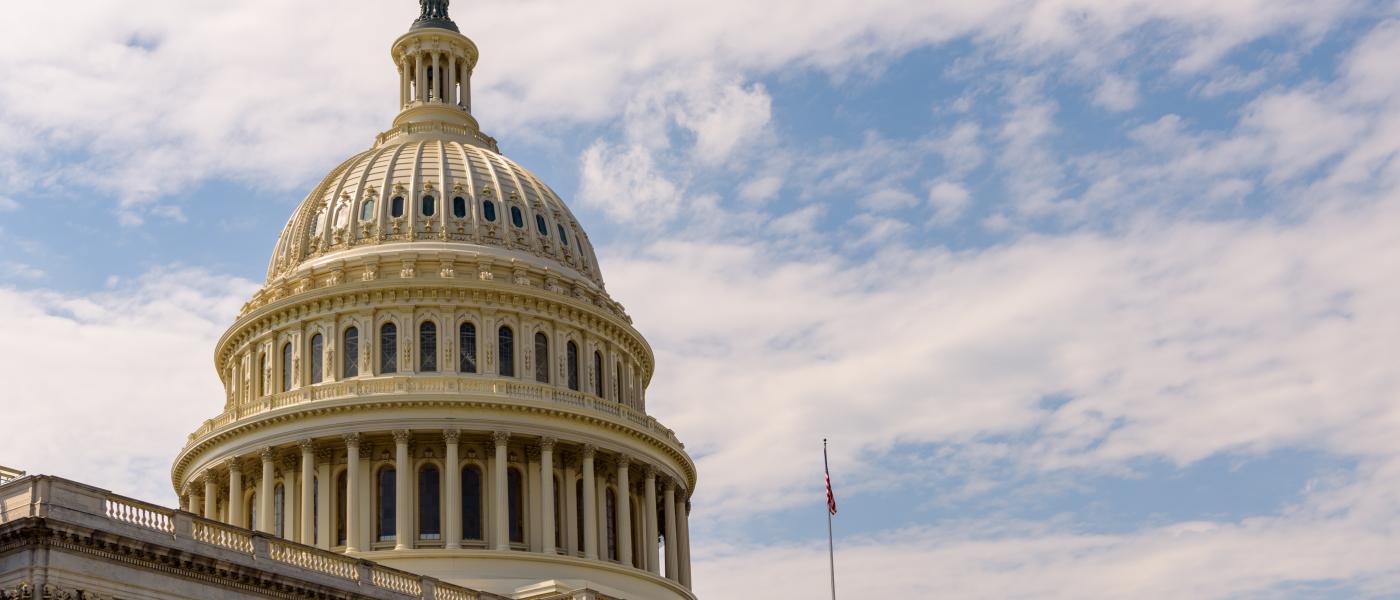It’s been over six months since the 2020 presidential election, and Congress remains deeply at odds over how to build on the successes of the election while addressing some of the most significant challenges that were exposed. Intelligence officials warn that autocratic actors continue to engage in covert and overt efforts to influence U.S. elections. And according to at least one expert, the recent cyberattack on Colonial Pipeline, which carries gasoline, diesel and jet fuel from Texas to New York and moves about half of all fuel consumed on the East Coast, is just the latest reminder that the “core elements of our national infrastructure” remain vulnerable to cyberattack. Considering these events, there remains a strong need for congressional action.
With the Senate’s version of the For the People Act at a standstill, and no clear path to passage in sight, Congress should narrow its focus to the individual components of S 1 (as it’s also known) that have a better chance of becoming law, to help ensure our adversaries do not successfully interfere in future elections. Such a bill should focus on three policy domains that appear more ripe for bipartisan action: 1) limiting the influence of money in politics; 2) modernizing election infrastructure to increase security; and 3) preventing foreign interference in elections.


